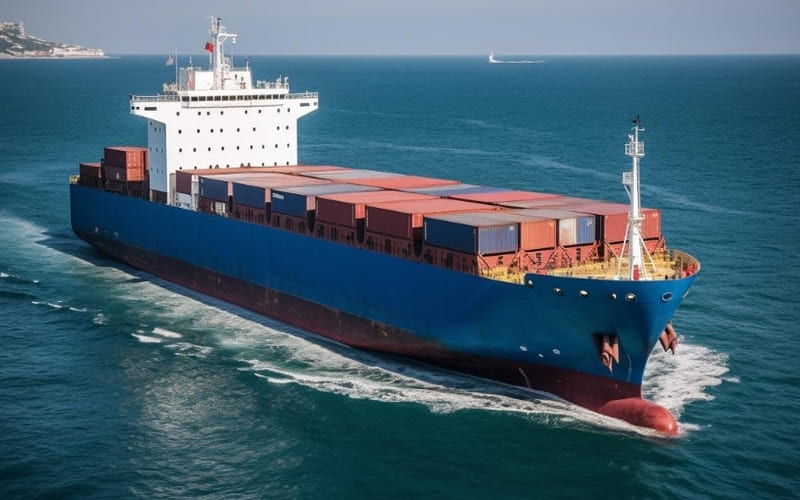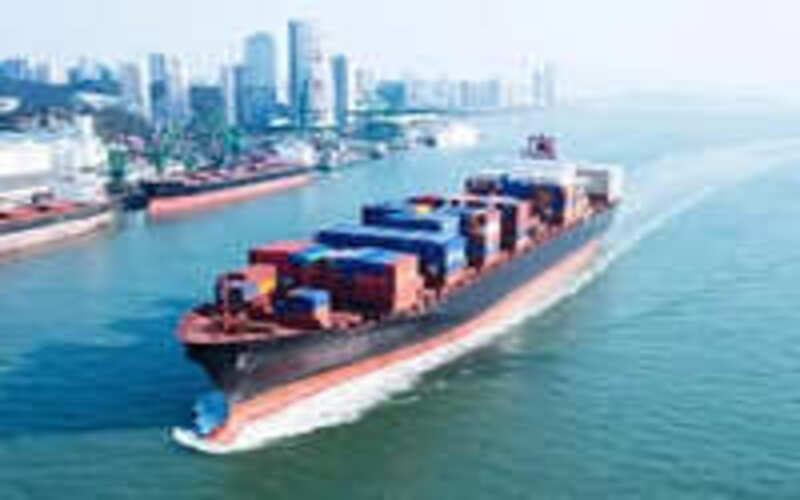Ocean freight shipping is the cornerstone of global trade, playing a vital role in moving goods from manufacturers to consumers across continents. This vital industry handles more than 80% of global trade volume, connecting markets through sea routes that span the world’s oceans. Companies specializing in ocean freight shipping facilitate the flow of everything from electronics to raw materials, ensuring that products reach their destinations efficiently and securely. Understanding the giants of this industry is crucial for businesses seeking to optimize their international logistics and supply chain operations.
In this article, we will explore the leading companies in the ocean freight industry, their services, and the latest trends influencing the shipping sector.
Top Ocean Freight Shipping Companies
Several key players dominate the ocean freight industry, each offering unique services and capabilities. These companies are recognized for their extensive networks, vast fleets, and innovative logistics solutions.
| Company | Fleet Size | Global Reach | Key Focus Areas |
|---|---|---|---|
| Maersk Line | 700+ vessels | 130+ countries | Digitalization, innovative logistics |
| MSC (Mediterranean Shipping Company) | 560+ vessels | 155+ countries | Sustainability, extensive global network |
| CMA CGM Group | 566 vessels | 160+ countries | Eco-friendly technologies, digitalization |
| COSCO Shipping Lines | 1,300+ vessels | Global presence | Shipping and logistics integration |
| Hapag-Lloyd | 253 vessels | Worldwide coverage | Reliability, customer-centric approach |
Maersk Line: A Leader in Digitalization and Logistics
Maersk, the world’s largest container shipping company, leads the market with over 700 vessels operating in more than 130 countries. The company is known for its focus on digitalization, integrating innovative technologies to enhance the shipping process. Maersk’s efforts align with global trends in automation and artificial intelligence, aiming to streamline supply chains and improve operational efficiency.
MSC: Sustainability at Its Core
The Mediterranean Shipping Company (MSC) is another major player, with a fleet of over 560 vessels serving more than 500 ports across 155 countries. MSC is recognized for its commitment to sustainability, implementing initiatives to reduce its environmental impact. These efforts include the adoption of cleaner fuels and the development of more energy-efficient vessels.
CMA CGM: Pioneering Eco-Friendly Shipping
CMA CGM, based in France, is a key competitor with a fleet of 566 vessels. The company has been a trailblazer in integrating eco-friendly technologies and digital solutions into its operations. With a presence in 160 countries, CMA CGM continues to innovate by focusing on both the environment and the optimization of shipping logistics.
COSCO: A Chinese Giant in Shipping and Logistics
China COSCO Shipping Corporation (COSCO) operates over 1,300 vessels, making it one of the largest shipping companies globally. Known for its integrated logistics services, COSCO offers a wide range of maritime solutions that cater to various industries, ensuring efficient global trade routes.
Hapag-Lloyd: Reliability and Customer-Centric Solutions
Hapag-Lloyd, a German shipping company, is renowned for its reliability and customer-focused approach. With a fleet of 253 modern container ships, Hapag-Lloyd provides trusted international shipping services, particularly for businesses seeking a dependable partner in logistics.
Ocean Freight Services: Tailored Solutions for Global Trade
Ocean freight companies provide various services to accommodate the diverse shipping needs of businesses worldwide. Here are the primary services available:
Full Container Load (FCL)
FCL is ideal for businesses with large shipments, as it involves booking an entire container. This service offers enhanced security and faster transit times.
Less than Container Load (LCL)
For smaller shipments, LCL consolidates goods from multiple shippers into a single container, offering a more cost-effective solution.
Roll-on/Roll-off (RoRo)
This service is designed for transporting wheeled cargo such as cars, trucks, and heavy machinery. The vehicles are driven onto the vessel for transport.
Break Bulk
When cargo is too large or heavy for standard containers, break bulk shipping allows individual items to be loaded directly onto the vessel.
Refrigerated Containers (Reefer Services)
For perishable goods such as food and pharmaceuticals, refrigerated containers (reefer containers) ensure that temperature-sensitive items remain within safe parameters during transit.
The Future of Ocean Freight Shipping
Technological Advancements
The ocean freight sector is embracing cutting-edge technologies to improve efficiency and reduce costs. Artificial intelligence, blockchain, and automated systems are becoming integral in enhancing operational capabilities, improving tracking systems, and streamlining global shipping.
Environmental Challenges and Solutions
In response to increasing environmental concerns, the shipping industry is adopting sustainable practices. The International Maritime Organization (IMO) has set ambitious goals to reduce greenhouse gas emissions from international shipping by 50% by 2050. Many companies are investing in cleaner fuels and eco-friendly technologies to comply with these targets.
Market Consolidation and E-commerce Growth
The ocean freight industry has seen significant consolidation, with top shipping companies controlling a large share of the market. This trend is expected to continue as mergers and acquisitions create more integrated shipping solutions. Additionally, the rise of global e-commerce is driving demand for efficient and reliable ocean freight services, with e-commerce expected to grow to $6.9 trillion by 2025.
Partnering with Ocean Freight Companies for Your Business
KFH is a leading freight company that offers a shipping service that connects importers and exporters with good prices and services. We simplify the booking process, provide real-time rate comparisons, and offer transparent pricing, all of which help businesses navigate the complexities of global trade.



